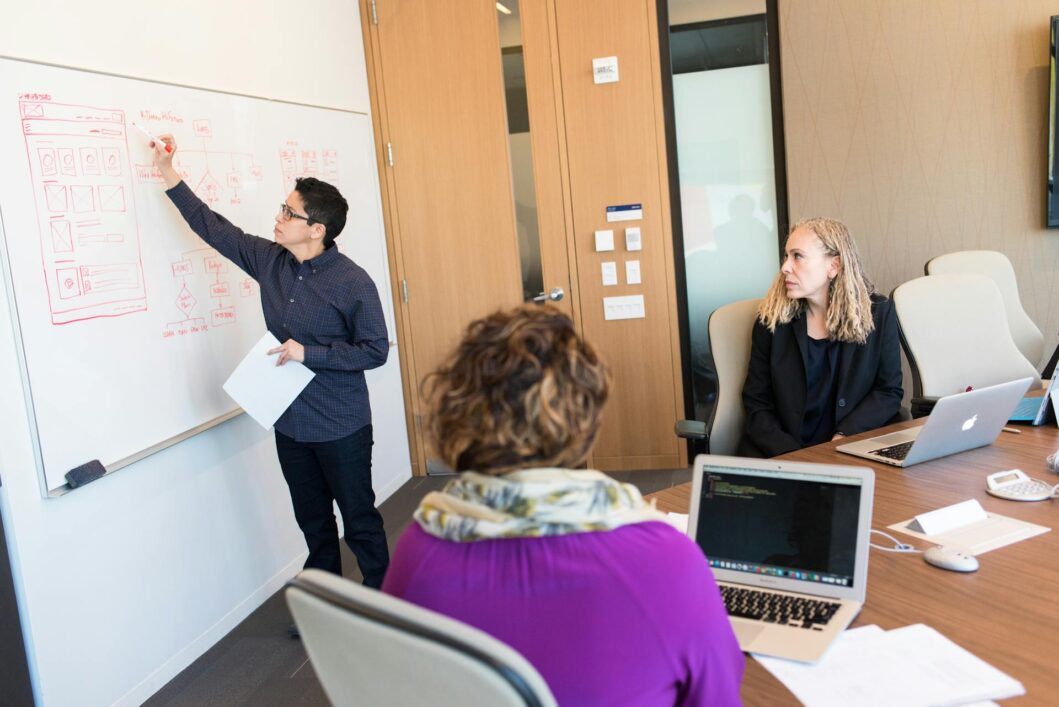Effective project strategies are the backbone of any successful endeavor, whether in business, construction, technology, or any other field. A well-thought-out strategy not only guides a project to completion but also ensures that it is done efficiently, on time, and within budget. Developing an excellent project strategy requires a blend of careful planning, foresight, and flexibility.

Here’s how you can build a strong project strategy that sets your team up for success.
1. Define Clear Objectives and Goals
The foundation of any successful project strategy lies in defining clear, measurable objectives. What do you want to achieve with this project? Whether it’s increasing market share, improving operational efficiency, or delivering a product to market, your goals should be specific and attainable. Setting clear objectives helps in aligning the team’s efforts and provides a benchmark for measuring progress.
2. Conduct a Thorough Risk Assessment
Identifying potential risks early in the planning process is crucial. By conducting a thorough risk assessment, you can anticipate challenges that might arise during the project. This allows you to develop contingency plans and allocate resources to mitigate these risks. Being proactive in risk management helps in avoiding delays, cost overruns, and other issues that can derail a project.
3. Establish a Realistic Timeline
Time management is a critical aspect of project strategy. Creating a realistic timeline involves breaking down the project into smaller, manageable tasks and setting deadlines for each. It’s essential to consider potential delays and build some flexibility into your schedule. A well-structured timeline keeps the team on track and ensures that the project moves forward at a steady pace.
4. Allocate Resources Wisely
Resource allocation is another key element of a successful project strategy. This includes not only financial resources but also human resources, technology, and materials. Ensure that the right people are assigned to the right tasks and that they have the tools and support they need to succeed. Efficient resource management prevents bottlenecks and maximizes productivity.
5. Promote Open Communication
Open communication is vital to the success of any project. Establishing clear lines of communication between team members, stakeholders, and management ensures that everyone is on the same page. Regular updates, meetings, and feedback loops help in addressing issues as they arise and keep the project aligned with its goals.
6. Monitor Progress and Adapt
Even the best-laid plans can encounter obstacles, which is why it’s essential to monitor progress continuously. Use project management tools to track milestones and adjust the strategy as needed. Flexibility is key—if something isn’t working, be prepared to pivot and find a new approach. Regularly reviewing the project’s progress ensures that it stays on course and adapts to changing circumstances.

